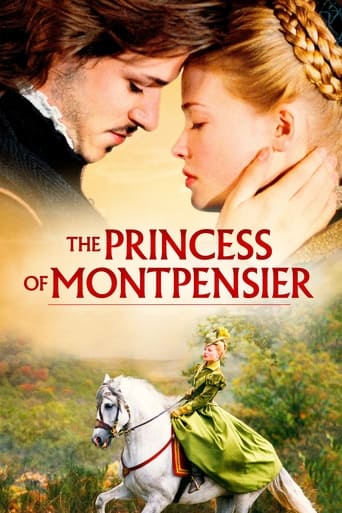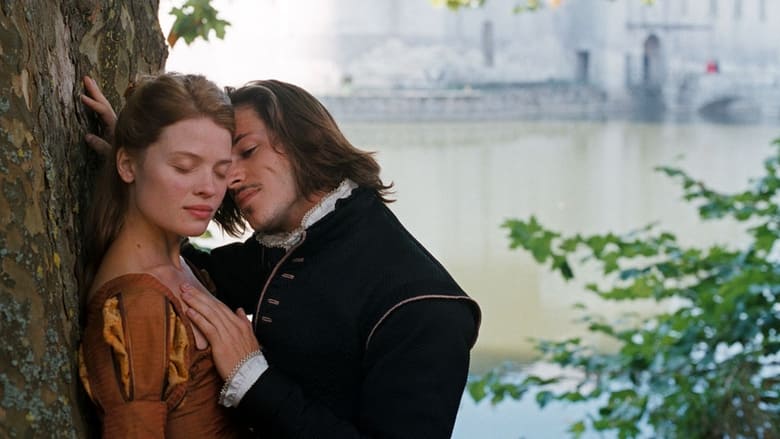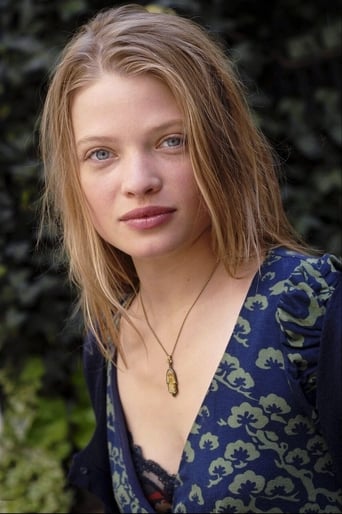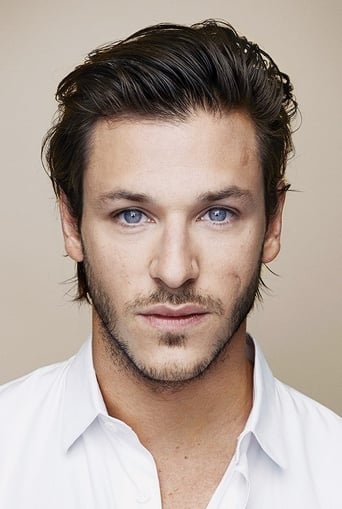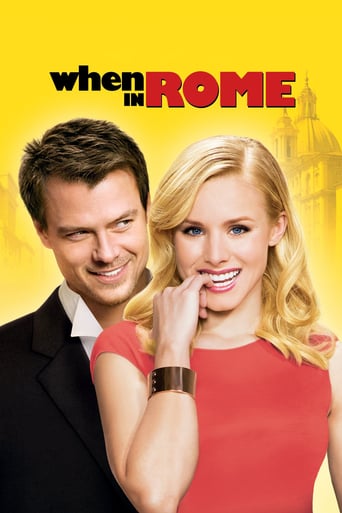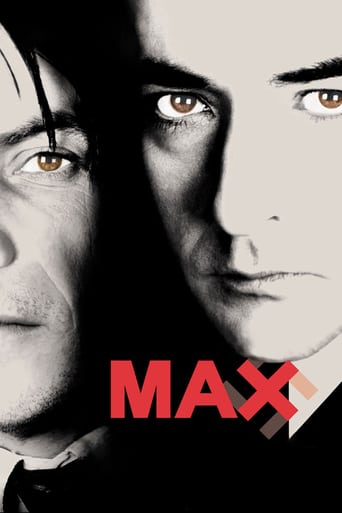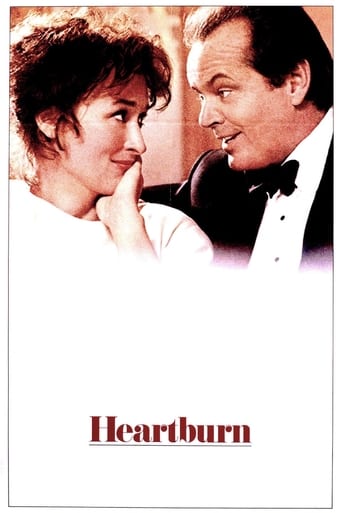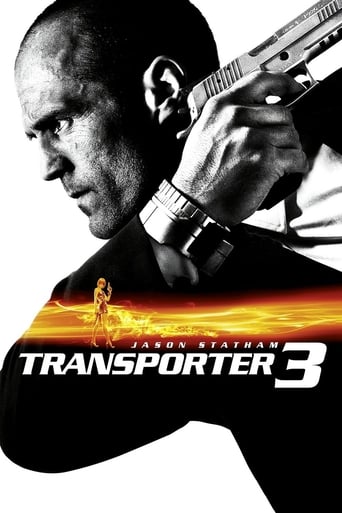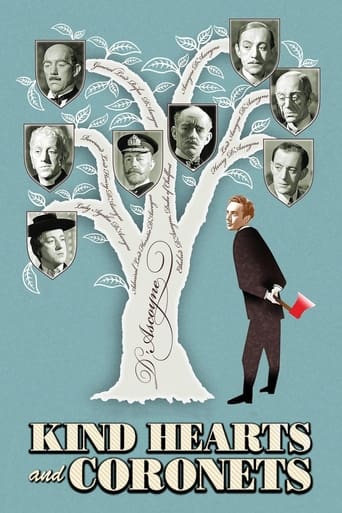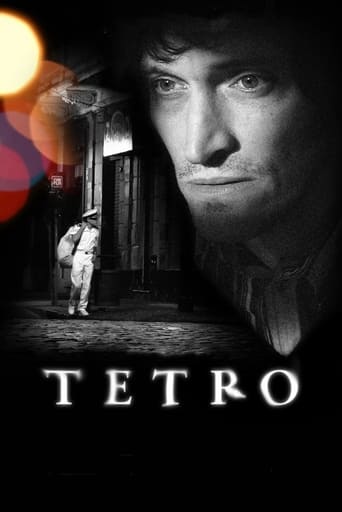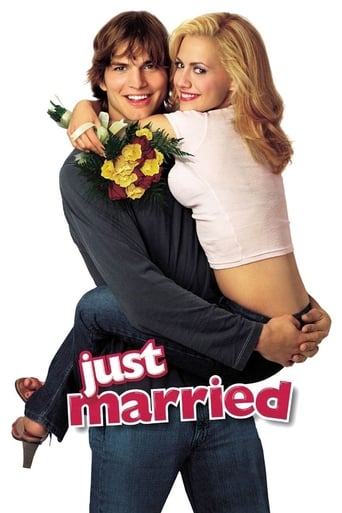The Princess of Montpensier (2010)
Set in the high courts of 16th Century France, where the wars of religion between Catholics and Protestants are raging. Marie de Mézières, a beautiful young aristocrat, is in love with Henri de Guise, but her hand in marriage is promised to the Prince of Montpensier.
Watch Trailer
Cast


Similar titles
Reviews
People are voting emotionally.
It's no definitive masterpiece but it's damn close.
This is one of the best movies I’ve seen in a very long time. You have to go and see this on the big screen.
Great story, amazing characters, superb action, enthralling cinematography. Yes, this is something I am glad I spent money on.
Yes, it is a good movie from Bertrand Tavernier, my only critic: I am french and some actors like the Prince and even De Guise at time, not only they are poor actors but it was often very difficult to understand what they were saying, they never learned to speak and use their respiration, it was incomprehensible.The fights and the duels are not the best Tavernier knows how to shoot, but it is not so important, they were accessories to the plot.The costumes, the sets...all without any special effects are beautiful, even if the story fits perfectly the french country with its castles still standing like they were at the time of the story, Tavernier has had the right eye to capture the beauty of it. Melanie Thierry et Lambert Wilson were perfect.
This costumer drama is set against the savage Catholic/Protestant wars that ripped France apart in the 16th century , the French Wars of Religion (1562–98) is the name given to a period of civil infighting and military operations, primarily fought between French Catholics and Protestants (Huguenots). The story takes place in the French aristocracy during the 'Wars of Religion', the conflict involved the factional disputes between the aristocratic houses of France, such as the House of Bourbon and House of Guise (Lorraine), and both sides received assistance from foreign sources , focusing on a young woman named Marie De Mezières (Mélanie Thierry in the title role) who falls in love for her dashing cousin Henri De Guiseis (Gaspard Ulliel) but she is forced into marriage with the well-connected nobleman Philippe De Montpensier (Grégoire Leprince-Ringuet), who she has never met , while she falls passionately in love with another man . When Philippe is called away to battle , she is taken in the care of Count Chabannes (Lambert Wilson) , an aging aristocrat , and soon later becomes involved to the sexual and political intrigues of court , including the throne heir , Duc d'Anjou (Raphaël Personnaz) and Queen , Catherine of Medicis (Evelina Meghnagi).This historic drama contains romance , intrigue , swordplay , spectacular battles and wonderful outdoors . It's a sweeping and romantic historical epic with a simple message : passion destroys everything . The film packs a French all-star-cast , as it stars model turned actress , Melaney Thierry , Lambert Wilson as Comte De Chabannes , Grégoire Leprince-Ringuet as Prince De Montpensier , Gaspard Ulliel as Henri De Guise and Raphaël Personnaz as Duc D'Anjou . Evocative and imaginative Original Music by Philippe Sarde . Gorgeous and luxurious Cinematography by Bruno De Keyzer . Impressive Production Design by Guy-Claude François , showing breathtaking outdoors , luxurious palaces and rousing Chateaus . The picture was well directed by Bertrand Tavernier, based on the short story by author 'Madame De La Fayette'. Bertrand is a good French director who has been making from the 70s notorious films such as The clockmaker 1974 , The judge and the assassin 1976 , 1280 souls 1981 , A Sunday in the country 1984 , Round midnight 1986 , law 627 , Daughter's Dartagnan 1994 , Captain Conan 1995 , All starts today 1999 , Laissez-passer 2002 and In the electric mist 2009 . The flick is inspired by historical events , though predominates the passional drama . The actual deeds were the following : The long conflict involved the factional fights between the aristocratic houses of France and Catholic and Protestant ; specially St. Bartholomew's Day massacre (1572) , as the Queen Mother , Catherina of Medicis became increasingly fearful of the unchecked power wielded by Coligny and his supporters, especially as it became clear that Coligny was pursuing an alliance with the Dutch Protestant rebels. Coligny, along with many other Calvinist nobles, arrived in Paris for the wedding of the Catholic Princess Marguerite de Valois to the Protestant Henry of Navarre on August 18. On August 22, an assassin made a failed attempt on Coligny's life, shooting him in the street .Amidst fears of a Huguenot coup, the Duke of Guise and his supporters acted. In the early morning of August 24, they killed Coligny in his lodgings . Coligny's body was thrown from the window into the street, and was subsequently mutilated, castrated, dragged through the mud, thrown in the river, suspended on a gallows and burned by the Parisian crowd. For the next five days, the city erupted as Catholics massacred Calvinist men, women and children, and looted their houses, which was neither approved of nor predicted by the king. Over the next few weeks, the disorder spread to more than a dozen cities across France. Historians estimate that 2,000 Huguenots were killed in Paris and thousands more in the provinces; in all, perhaps 10,000 people were killed. Henry of Navarre and his cousin, the young Prince of Condé, managed to avoid death by agreeing to convert to Catholicism; both would repudiate their conversions once they escaped Paris.Some assert that the Edict of Nantes in 1598 concluded the wars, although a resurgence of rebellious activity following this leads some to believe the Peace of Alais in 1629 is the actual conclusion. However, the Massacre of Vassy in 1562 is agreed to begin the Wars of Religion and the Edict of Nantes at least ended this series of conflicts. During this time, complex diplomatic negotiations and agreements of peace were followed by renewed conflict and power struggles.At the conclusion of the conflict in 1598, Huguenots were granted substantial rights and freedoms by the Edict of Nantes, though it did not end hostility towards them. The wars weakened the authority of the monarchy, already fragile under the rule of Francis II and then Charles IX, though it later reaffirmed its role under Henry IV.
Doing a historical film about medieval Europe is anathema. Because the only reason to set your romance in that era is to invoke some grand historicity that imbues love and suffering with larger agency, you are constrained by how simple and unimaginative is this historical narrative as handed down to us. Breath of life has been largely sucked out of it and you're left with melodramatic gestures and events, stereotyped contrasts of atmospheric squalor versus opulence, or the simple and senseless wars and counter-wars that punctuate the period as fodder of thrills - here Catholics versus Huguenot reformers.Poor Tavernier thought he could deliver something a little more rousing than this. No doubt he knew the score of clichés attached to this type of film: damsel in distress, cruel aristocrats, some tarnished nobility. Injustice above all.An ordinary period romance done a bit differently, this is his half-hearted solution. On the dramatic level, this is accomplished by introducing unexpected layers to the usual character stereotypes: the beautiful princess married off by her father for political convenience is obstinate on top of stoically-suffering, her true love destined but denied her is arrogant and manipulative, the unwanted husband maintains honor and respect in the face of humiliation.On a broader level, plots between these people in oppressive control of a nation's destiny are reflected in the wars they fight, private or otherwise. Heavenly spheres move in natural order and balance, it is mused, but the man-made order of things below is forced, bloody and treacherous. The film closes with the St. Bartholomew's Day Massacre, chaos and senseless murder in the streets.So a world moved by desire and ambition, centered around this woman coveted by all, that leaves all participants barren inside or worse.Like written history of the events, the film is big, brazen, flowery, rhapsodized tragedy. Red-blooded passion groomed into poetic verse. But there is no real breath in star-crossed destiny. Beauty is painterly, applied, inorganic.
Bertrand Tavernier makes excellent 'modern' films such as Round Midnight, Holy Lola, etc but clearly he has a weakness for 'costume' drama witness La Fille d'Artagnan, etc and now here he is at it again with his take on the Hugenots and the whole Catholic/Protestant set-up, a sort of French Wars of The Roses that you're not going to make much sense of unless you're a French History student/scholar. It's undeniably sumptuous, spectacular, well photographed and boasts two excellent actors in Lambert Wilson and Michel Vuillermoz but having said that we have to add that it also features Gaspar Ulliel, one of the 'new' breed of sullen, pouty, French actors on the order of Romain Duris, both of whom are guaranteed to make me run a mile in the opposite direction unless there is a writer, director, or other actors I admire as there was here in Wilson and Vuillermoz. One viewing is more than sufficient.

